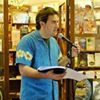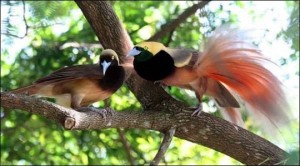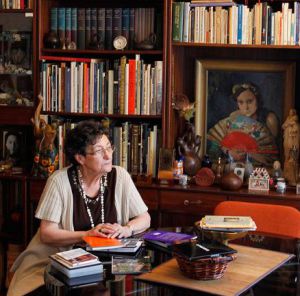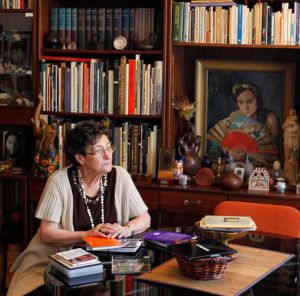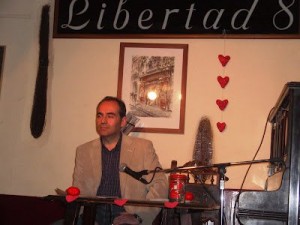Toda la eternidad tiembla de frío,
es un plan muerto antes de nacer,
porque la cáscara nutre el vacío
ahondando en el alma de las cosas.
*
Yo sé que tú no crees en lo baldío
de la flor siniestra sobre el café,
la tarde es para ti como un estío
abrasado de calor contra las rosas.
*
Traerá Mayo su trasnochado azul,
contemplarás bajo el color nevado
tallos ocres de cuando fuiste oro.
*
Raíz negra rugiendo en el baúl,
solar sin tregua, sexo desmayado
donde el calor despierta sueños de otro
*
José Antonio Pamies (España)
*
Eternity shivers with a coldness
from a plan dead before it is born
because the rind which feeds the emptiness
deepens in concerns of the soul its form.
*
But you don’t believe in the sinister
wasteland of this coffee’s wild flowers,
evening for you is seen as a summer,
a scorching heat burning against roses.
*
May will yet come in her outmoded blue,
you will watch beneath a snowy colour
before when you were gold, stems of ochre.
*
Black roots twisted in the wooden trunk scream
on a relentless ground of sex fainting
where the heat awakens another’s dream.
*
Translated from José Antonio Pamies’“Toda la eternidad tiembla de frío” by Robin Ouzman Hislop
José Antonio Pamies (Alicante, 1981―) Finalista del III Premio internacional de poesía Andrés Salom 2005 y del II Premio de la editorial poesia Eres Tu 2010 con Las Ruinas de la Aurora. Ha publicado Campos de hielo (Babilonia, Pliegos de la palabra nº 3, 2012) y Afonías (finalista del XXVI Premio Gerardo Diego de Poesía), así como poemas en revistas y numerosas antologías. Reside en Madrid, donde realiza estudia Teoría de la Literatura y Literatura Comparada.
José Antonio Pamies (Alicante, 1981―) His early poetry collection Las Ruinas de la Aurora was a runner up at the III Andres Salom International Poetry Award in 2005 and the II poesia Eres Tu Publisher Award in 2010. He has published Campos de hielo (Babilonia, Pliegos de la palabra nº 3) and Afonías― a runner up at the XXVI Gerardo Diego Poetry Award. He currently lives in Madrid, pursuing studies in Theory of Literature and Comparative Literature.
This sonnet together with its translation appeared in The Phoenix Rising from the Ashes: Exciting new sonnet anthology edited by Richard Vallance now available on Barnes & Noble: http://bit.ly/1lIL0jF BN ID: 2940148833628 Publisher: FriesenPress Publication date: 11/20/2013 Sold by: Barnes & Noble
Robin Ouzman Hislop (UK) Co-editor of the 12 year running on line monthly poetry journal Poetry Life and Times. (See its Wikipedia entry at http://en.wikipedia.org/wiki/Poetry_Life_and_Times). He has made many appearances over the last years in the quarterly journals Canadian Zen Haiku, including In the Spotlight Winter 2010 & Sonnetto Poesia. Previously published in international magazines, recent publications include Voices without Borders Volume 1 (USA), Cold Mountain Review, Appalachian University N Carolina, Post Hoc installed at Bank Street Arts Centre, Sheffield (UK), Uroborus Journal, 2011-2012 (Sheffield, UK), The Poetic Bond II & 111, available at http://www.thepoeticbond.com and Phoenix Rising from the Ashes a recently published Anthology of Sonnets: http://bit.ly/1lIL0jF. He has recently completed a volume of poetry, The World at Large, for future publication. He is currently resident in Spain engaged in poetry translation projects.robin@artvilla.com and you can also visit Face Book site at www.facebook.com/PoetryLifeTimes
